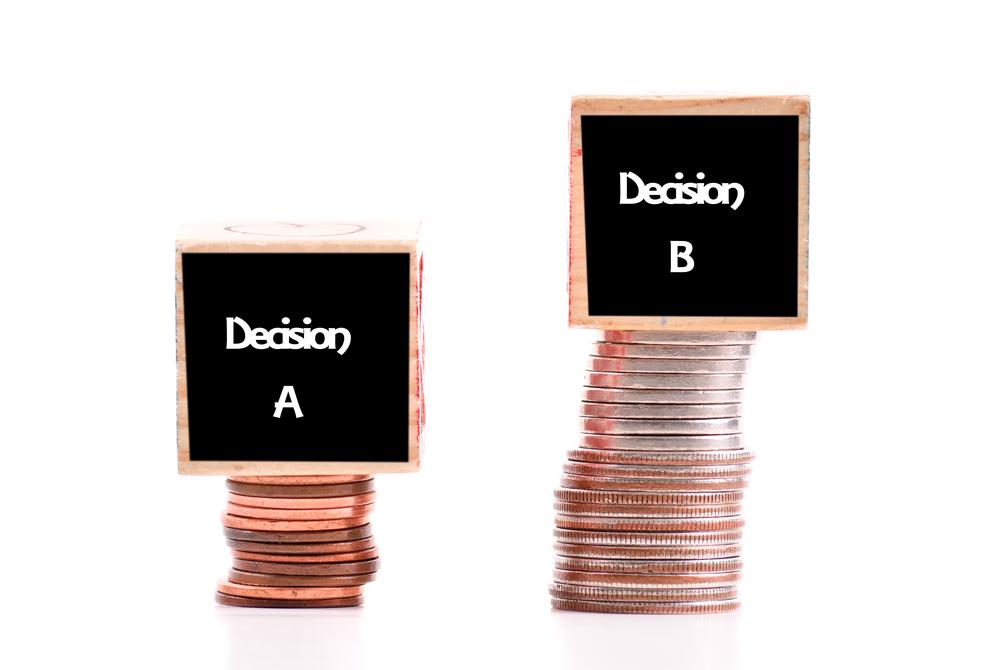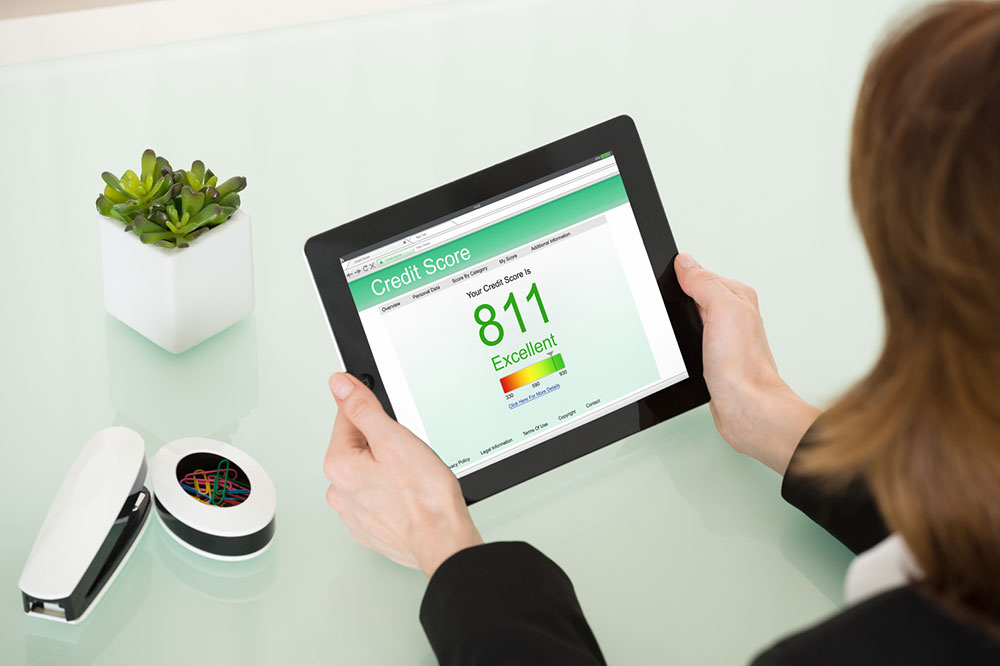Smart Strategies for Building an Effective Personal Budget
Learn practical and effective methods to create a realistic personal budget. From organizing financial documents to tracking expenses and planning ahead, these strategies help improve savings, reduce debt, and achieve financial goals over time. Stay informed with the latest tips on personal finance and optimize your wealth-building journey.

Smart Strategies for Building an Effective Personal Budget
Managing finances becomes challenging when spending matches income, leaving little savings at month’s end. To prevent this, crafting a well-structured personal budget is essential. A realistic and practical budget helps achieve financial goals over time. Here are some effective methods to develop your ideal financial plan.
Gather and Organize Financial Documents
Review statements from banks, receipts, utility bills, and investment accounts. These documents reveal your income streams and expenses, crucial for estimating your average disposable income. Detailed information increases the accuracy of your budget.
Comprehensive data on income and expenses is vital for creating a realistic budget. Understanding your cash flow allows for better financial planning and goal setting. Monitor all income sources, especially if you’re self-employed or have variable earnings. For salaried employees, net income typically serves as a reference point.
Additional Resources: Top 5 Financial Risks Worth Considering
Separate Expenses into Categories
Distinguish between fixed and variable expenses. Fixed costs—like mortgage, rent, or internet bills—remain consistent and help stabilize your budget. Variable costs—such as groceries, dining out, and entertainment—fluctuate each month. Tracking these helps identify areas to save and adjust.
This process aims to boost savings, eliminate debts faster, and identify additional income sources. If expenses exceed income, consider increasing earnings or lowering discretionary spending to meet your financial goals.
Monitor Income and Outflows Regularly
Regular tracking of income and expenses ensures you stay aware of your financial position. Developing this habit improves budgeting accuracy. Remember, a budget should also anticipate future income or expenses that might impact your finances.
Effective personal finance management involves realistic expectations regarding assets and liabilities to better plan and grow wealth.
Stay Updated with Financial Insights: Follow Personal Finance Updates on our platform, like us on Facebook, and follow us on Twitter for the latest investment advice.










